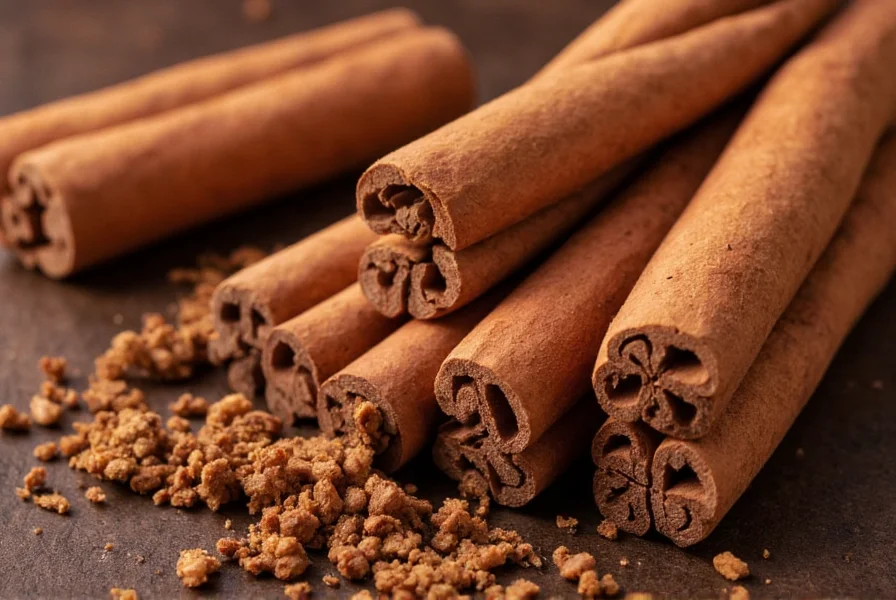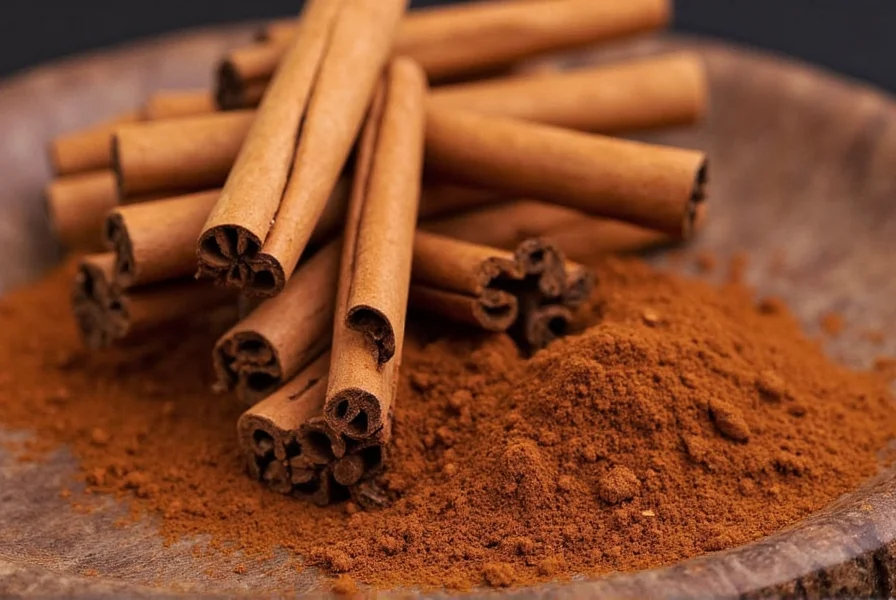For centuries, cinnamon has captivated civilizations not only for its distinctive flavor but also for its perceived spiritual significance. While modern science confirms cinnamon's health benefits as a spice rich in antioxidants and anti-inflammatory compounds, its so-called "magic properties" exist within the realm of cultural tradition and symbolic practice rather than supernatural reality.
Historical Context of Cinnamon in Ancient Rituals
Tracing back to ancient Egypt around 2000 BCE, cinnamon played a significant role in religious ceremonies and embalming practices. Egyptian priests considered it a sacred substance, using it in offerings to deities and in the preservation of bodies. The Ebers Papyrus, an ancient Egyptian medical text dating to 1550 BCE, documents cinnamon's use in medicinal and ritual applications.
In ancient Rome and Greece, cinnamon represented luxury and divine connection. Roman Emperor Nero reportedly burned a year's supply of cinnamon at his wife's funeral as a gesture of devotion. The Greek historian Herodotus described mythical accounts of cinnamon collection, attributing its origin to giant birds building nests with the spice—a story that reflected its perceived rarity and value.

Cinnamon in Traditional Magical Systems
Different cultural traditions have incorporated cinnamon into spiritual practices with specific symbolic meanings:
| Tradition | Attributed Properties | Common Applications |
|---|---|---|
| Hoodoo and Rootwork | Prosperity, protection, love attraction | Added to money-drawing sachets, love baths, and protective charms |
| Wiccan Practice | Energy raising, healing, success | Burned as incense during rituals, included in spell work for abundance |
| Traditional Chinese Medicine | Warming energy, circulation improvement | Used in herbal formulations for balancing yin-yang energies |
| Ayurvedic Tradition | Digestive aid, mental clarity | Incorporated into wellness practices for balancing doshas |
Commonly Attributed Properties and Their Origins
The association of cinnamon with prosperity likely stems from its historical value as a rare and expensive commodity. In ancient times, cinnamon was worth more than silver in some regions, creating a natural connection between the spice and wealth. Historical records show that Arab traders controlled the cinnamon trade for centuries, deliberately obscuring its origins to maintain high prices—a practice that enhanced its mystique.
Many cultures attributed protective qualities to cinnamon due to its strong aroma and preservative properties. Ancient peoples observed that cinnamon helped prevent food spoilage, leading to beliefs about its ability to ward off negative energies or spiritual harm. This practical observation evolved into ritual applications where cinnamon served as a cleansing agent in spiritual practices.
Scientific Perspective on Cinnamon's Properties
Modern research confirms several health benefits of cinnamon that may explain some traditional associations:
- Cinnamaldehyde, the compound giving cinnamon its distinctive flavor, demonstrates anti-inflammatory properties
- Studies show cinnamon may help regulate blood sugar levels, potentially explaining historical use in vitality rituals
- The spice contains antioxidants that combat oxidative stress
- Its warming sensation when consumed may have contributed to associations with energy and vitality
Researchers at the National Center for Complementary and Integrative Health note that while cinnamon shows promise for certain health applications, claims about supernatural effects lack scientific basis. The psychological impact of ritual use—such as the comforting aroma during meditation—may account for perceived benefits in spiritual practices.
Modern Applications in Ritual Practice
Contemporary practitioners incorporate cinnamon into various spiritual activities while maintaining awareness of its cultural origins. In hoodoo traditions, cinnamon remains a staple in prosperity magic, often combined with other ingredients in "money-drawing" formulas. Modern witches might include cinnamon in abundance spells during full moon rituals.
When exploring cinnamon's ritual uses, practitioners should consider:
- Respecting cultural origins rather than appropriating sacred practices
- Understanding that psychological effects differ from supernatural claims
- Recognizing the importance of intention in ritual work
- Avoiding exaggerated claims about cinnamon's capabilities

Responsible Engagement with Cultural Traditions
Those interested in cinnamon's ritual significance should approach the topic with cultural sensitivity. Many traditions that incorporate cinnamon have deep historical roots that deserve respect. Rather than treating these practices as mere "magic tricks," understanding their cultural context provides more meaningful engagement.
Anthropologists emphasize that what Western perspectives might label as "magic properties" often represent sophisticated systems of symbolic meaning within their cultural frameworks. The value lies not in supernatural claims but in understanding how different societies have found meaning and connection through natural substances like cinnamon.
Conclusion
While cinnamon possesses no actual magical properties, its rich history in ritual and spiritual practices across cultures demonstrates humanity's enduring connection between the physical and symbolic worlds. Understanding the historical context behind cinnamon's ritual uses—rather than accepting supernatural claims at face value—provides a more meaningful appreciation of this versatile spice. Whether used in cooking, traditional medicine, or cultural rituals, cinnamon's true value lies in its ability to connect us to both our physical well-being and our shared human heritage.










 浙公网安备
33010002000092号
浙公网安备
33010002000092号 浙B2-20120091-4
浙B2-20120091-4